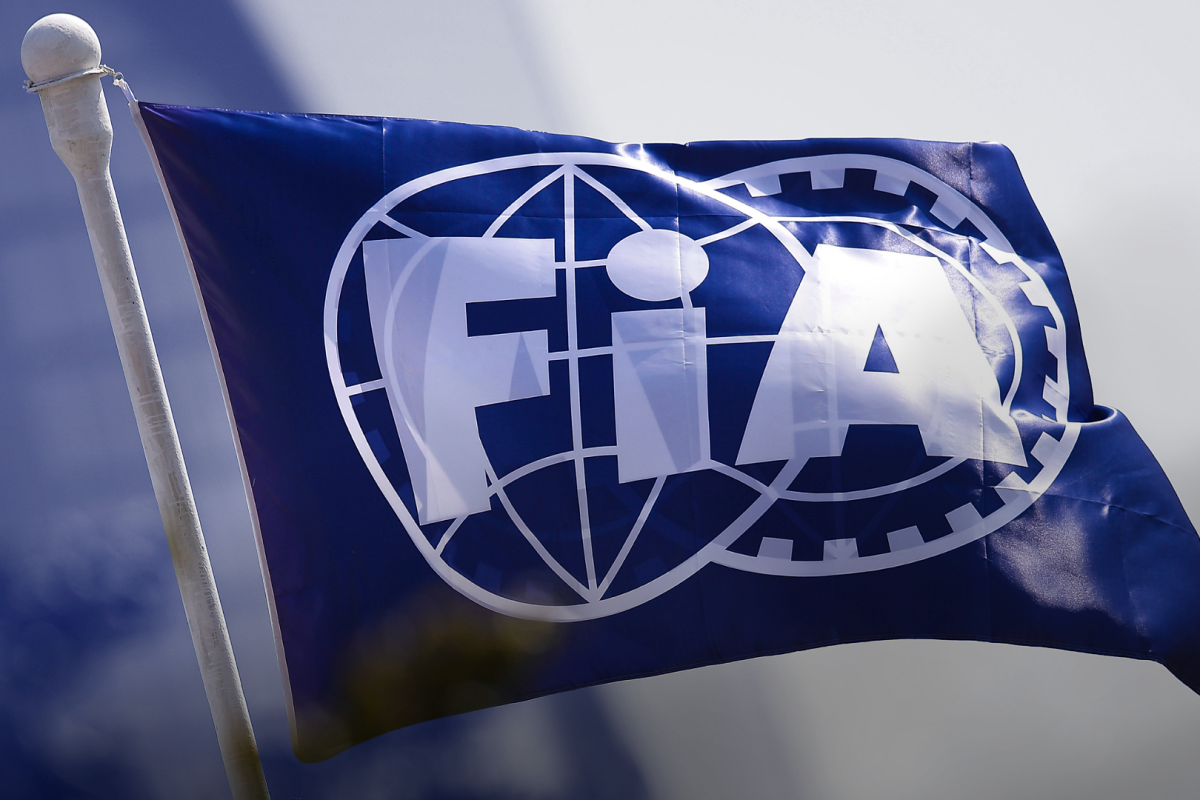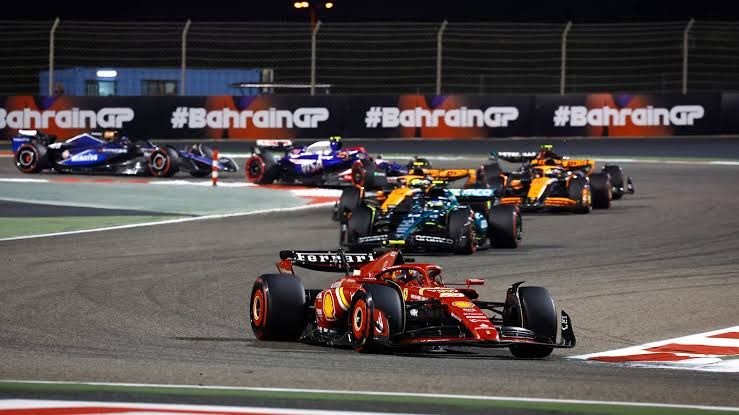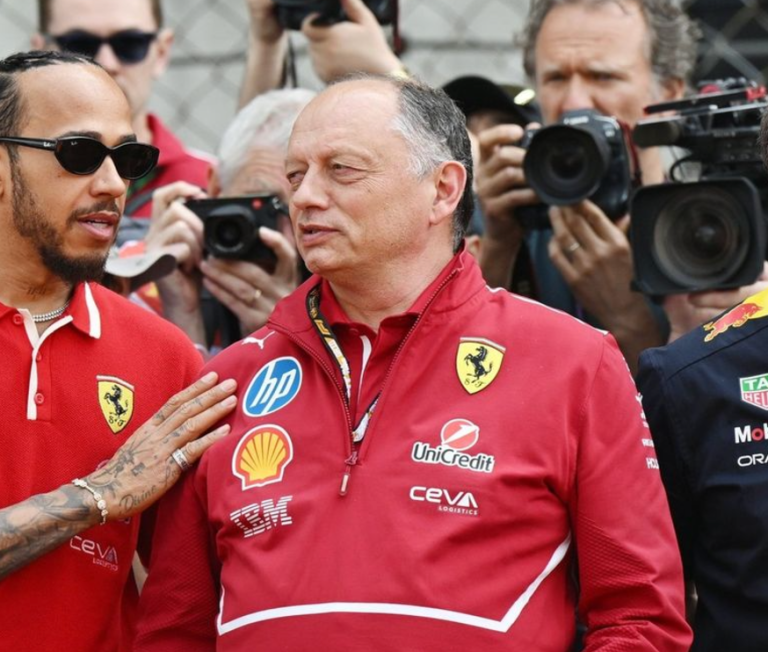Breaking:FIA summon Ferrari and Mercedes over the manufacturer of…. read more
A significant meeting involving all four of Formula 1’s current engine suppliers is set to take place during the Bahrain Grand Prix weekend, as the FIA initiates discussions regarding a potential shift back to V10 engines—this time running on fully sustainable fuels.
The FIA has called Ferrari, Mercedes, Honda, and Renault to the table to deliberate on the long-term direction of Formula 1’s power units. This meeting follows recent comments from FIA President Mohammed Ben Sulayem, who hinted that a return to naturally aspirated V10 engines could be under serious consideration, provided they are powered by environmentally friendly, sustainable fuels. Although the exact purpose of the meeting remains undisclosed, reports from Autosport confirm that the gathering will focus on seeking feedback from the sport’s current power unit manufacturers regarding this potential move.
Discussions come at a pivotal time for Formula 1, with sweeping changes to power unit regulations already scheduled for 2026. The sport is set to enter a new era of hybrid technology that emphasizes a much higher output of electrical power—rising from 120kW to 350kW—while continuing to move toward carbon neutrality. However, despite these incoming changes, the FIA appears to be exploring whether a shift back to the iconic V10 engines of the past could align with sustainability goals and fan desires, particularly from the 2031 season onwards.
FIA single-seater director Nikolas Tombazis has not ruled out the idea either, indicating that although the regulations for 2026 are largely locked in, the longer-term vision for power units beyond 2030 remains open for debate. The FIA is believed to be gauging interest and feasibility from current engine suppliers before making any firm decisions.
The possibility of reintroducing V10 engines, last used in Formula 1 back in 2005, has sparked both excitement and concern. Longtime fans have often expressed nostalgia for the spine-tingling sound and raw power of V10 engines, which many believe defined a golden era of F1. The FIA’s proposal aims to marry that fan-favorite engine format with modern environmental responsibility by using 100 percent sustainable fuels, in line with the sport’s commitment to achieve net-zero carbon emissions by 2030.
However, not all stakeholders are on board. Audi, who are set to debut as an engine manufacturer in 2026, have expressed reservations. The German automaker has publicly stated that their entry into Formula 1 was largely motivated by the 2026 power unit regulations, which promote advanced hybrid technology and a greater focus on electric power. A drastic change in direction toward V10s—even if sustainable—would present a significant shift in development focus and could undermine the investments Audi has already made.
Ford, another new entrant scheduled to join the grid in 2026 through a technical partnership with Red Bull Powertrains, is also monitoring developments closely. Ford’s return to Formula 1 is similarly tied to the sport’s forward-looking, sustainable technology platform. Meanwhile, General Motors is planning to enter in 2028 with the Cadillac team, which will become Formula 1’s 11th team and add another engine manufacturer to the mix.
The upcoming meeting in Bahrain reflects growing interest among key figures in the paddock in revisiting the idea of V10s, especially now that technological advancements have made sustainable fuel solutions a more viable reality. Still, the timing of the discussions is intriguing, given that the new hybrid regulations are only a year away from implementation and are expected to remain in place until at least 2030.
Should the FIA decide to pursue this direction seriously, it could mark a dramatic departure from the current hybrid trajectory that the sport has been on since 2014. The potential return of V10 engines—with their iconic sound and high-performance capabilities—could reinvigorate fan enthusiasm and redefine Formula 1’s identity, but only if the sustainability targets are met and existing and incoming manufacturers can align with the shift.
As the Bahrain Grand Prix unfolds, all eyes will be on the outcome of this key meeting. With engine suppliers, new entrants, and governing officials all involved, the decisions made could influence not just the next phase of Formula 1 development, but also the very soul of the sport moving




